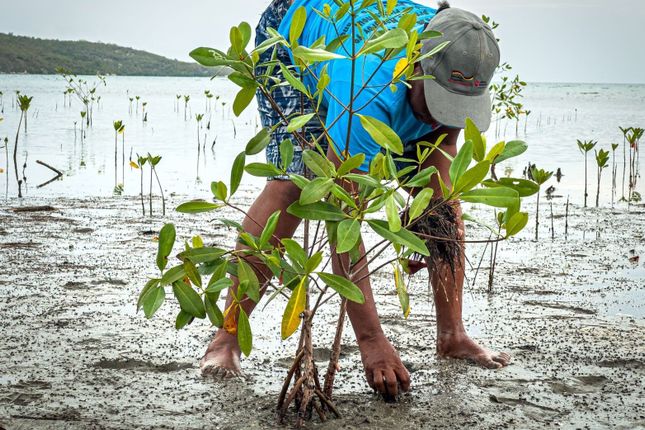
Fostering Climate Resilience: with Mangroves against Floods and Storms
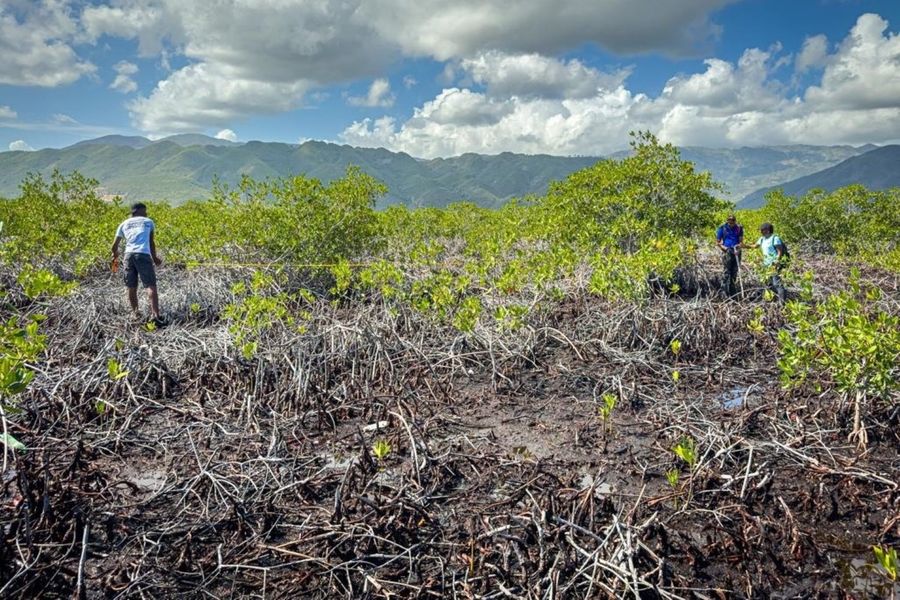
Malteser International has long been active in supporting people affected by the consequences of climate change, both in the context of emergency relief and with projects focused on disaster risk reduction and adaptation to climate change. These activities become more important in MI’s work, as extreme weather events accumulate and result in death, destruction, and deteriorating living environments. Studies predict more than 200 million climate refugees by 2050.
“We’ve noticed that we, as well as our colleagues and partner organizations in our country offices, have to deal with extreme weather situations more and more often,” Nicole Müller from the MI Emergency Relief Team in Cologne says. According to the World Meteorological Organization (WMO), the past year was, again and by clear margin, the hottest year on record. In 2023, floods and storms made up around 80 percent of disastrous weather events (WMO 2024); MI and its partner organizations provided emergency relief for the affected people in Kenya, Uganda, Haiti, Myanmar, Pakistan, and Bangladesh. We offered emergency medical aid, and distributed food and other essential survival materials. However, even during the emergency response phase of a disaster, long-term considerations like ensuring sustainable livelihoods, reconstructing infrastructure, or providing disaster risk reduction are crucial.
Super tree mangrove
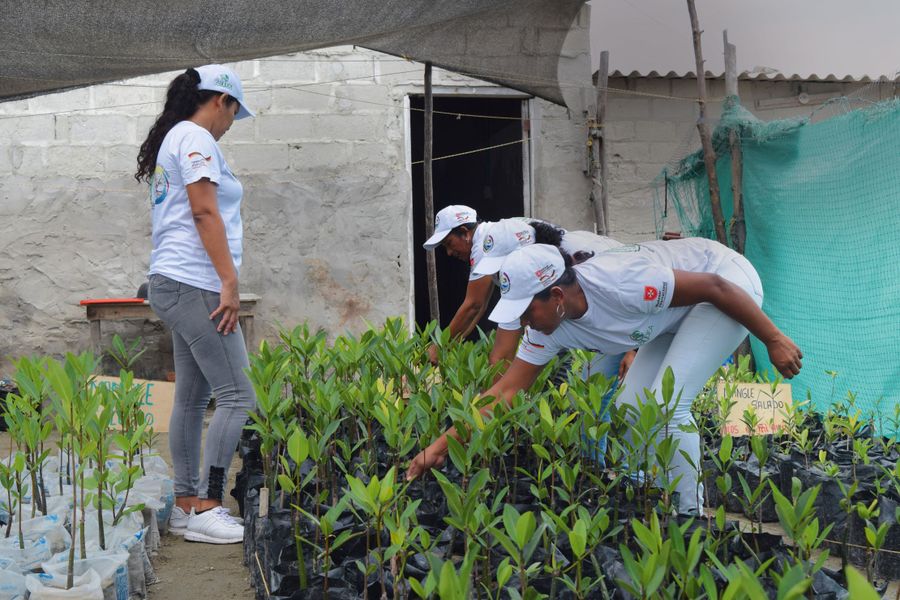
One of our long-term measures has to do with an amazing tree: the mangrove. Planted in coastal areas, mangroves lessen the risk of flood disasters by reducing the power of waves hitting the coast by up to 75 percent. In addition, their crowns and roots mitigate erosion, drought, and wind damage. Finally, they are an excellent habitat for fish, generating improved income opportunities for people in the adjoining communities.
In 2023, MI supported the planting of 44,300 mangrove seedlings. 18,050 were planted in the laguna Ciénaga Grande in El Magdalena, Colombia, where climate change and pollution had caused deforestation and a significant decline of the fish population.
Another 26,250 seedlings were planted in Baradères and Petit Trou de Nippes in Haiti. Currently, a mere two percent of the country is still forested, which leaves Haiti with very little protection against storms, erosion and floodings. Here, MI also supported the protection and revitalization of 693 hectares of mangrove forest.
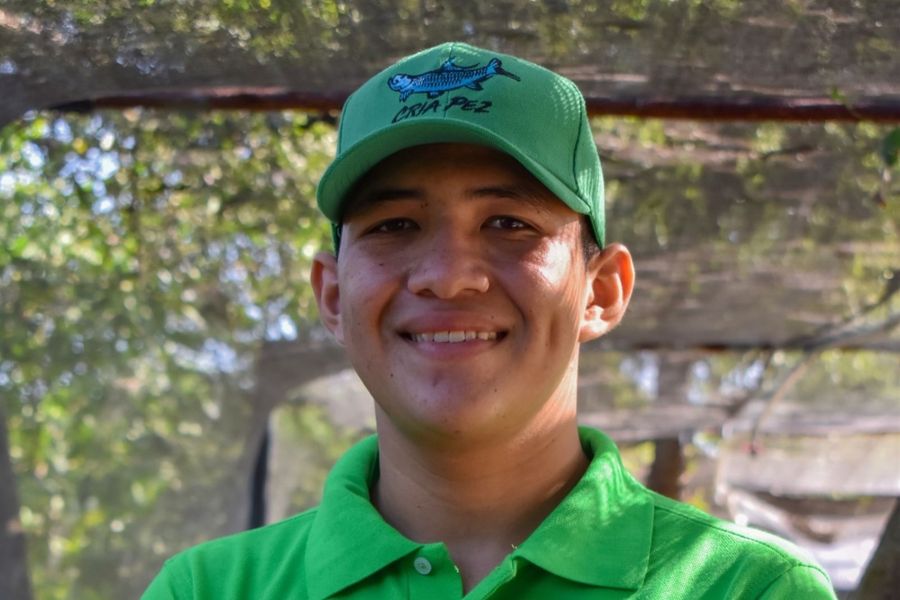
“Growing up, I noticed how the environment was transforming and how climate change was affecting us. My family lived off the production of seafood, and seafood became more and more scarce in the area. Since I got involved in this project, I have better environmental education, and I feel that now I have the tools to fight for a real and better change.”
- Deifred Pacheco Ibarra, 17, from Isla del Rosario near the Ciénaga Grande, Colombia
Anticipatory Action
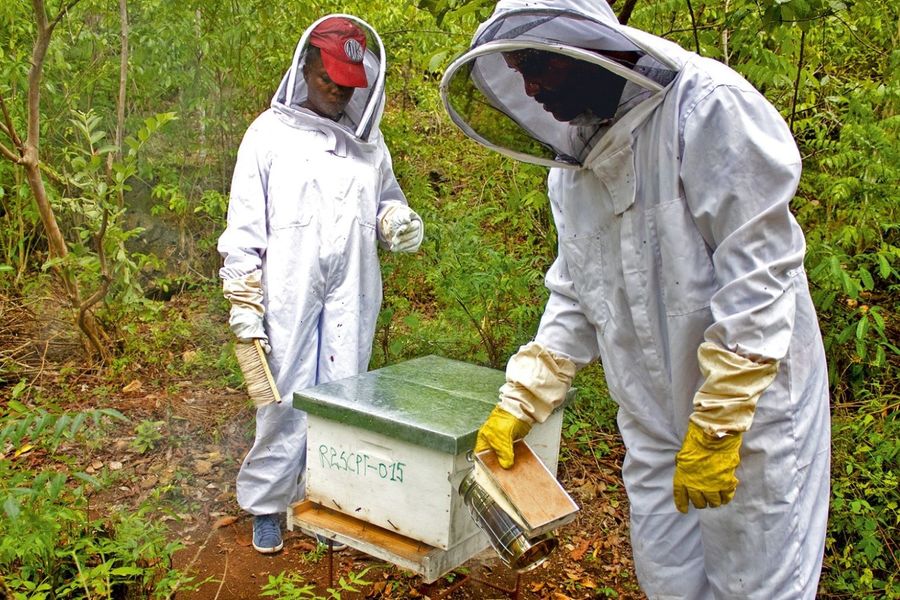
Anticipatory measures like fostering climate resilience by planting trees plays an increasing role in aid work. Experts forecast weather extremes better and better, making it possible, for example, to provide cash or animal feed before a drought turns into a famine, or forewarn populations before a rain-induced flood hits.
In 2023, MI commissioned a comprehensive study on the feasibility of Anticipatory Action in its program work, which was released in 2024.
(August 2024; all photos: Malteser International Americas)








